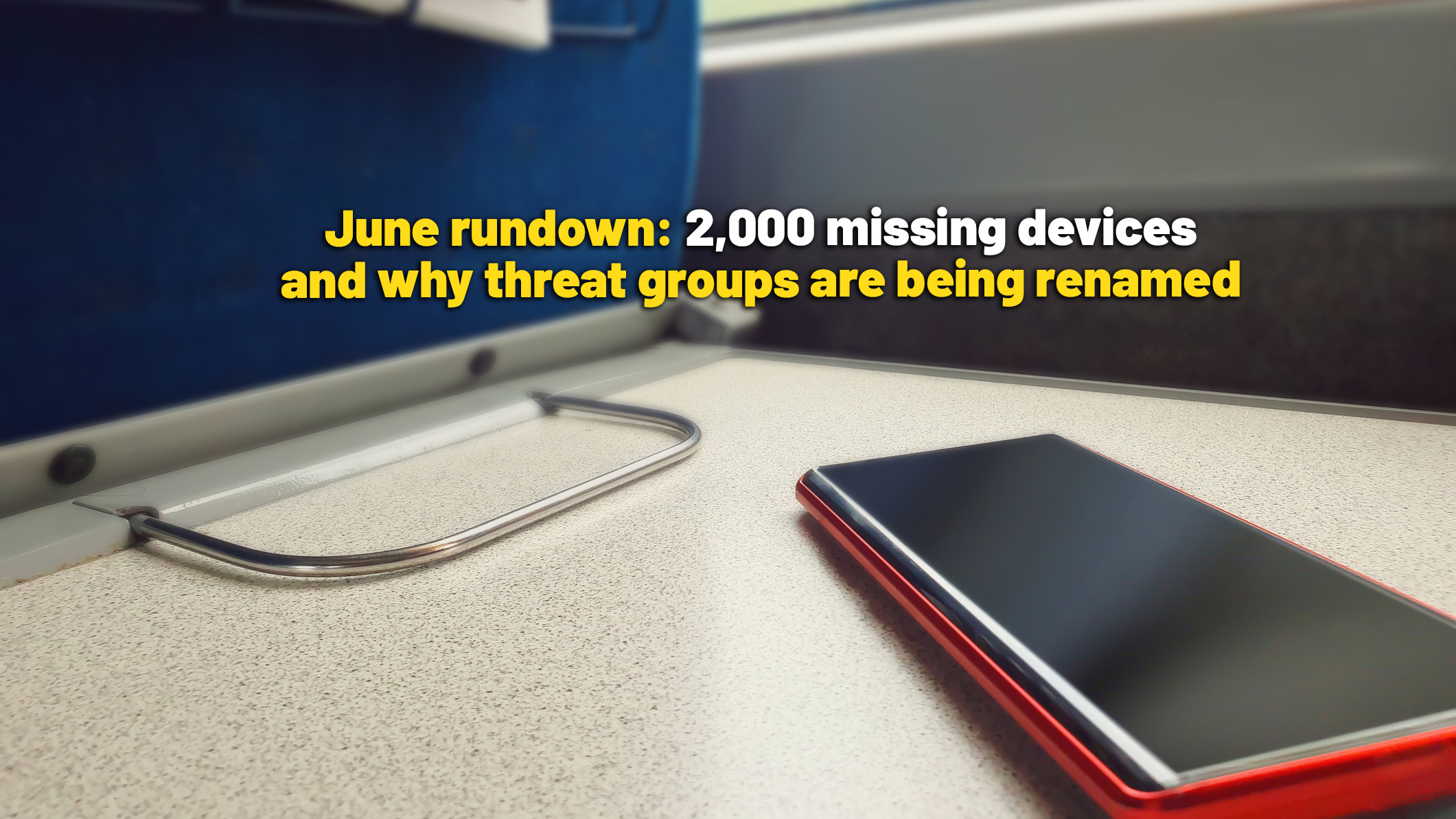Netherlands urges citizens to prepare survival kits in case hackers target critical infrastructure
The latest campaign from the national coordinator for security echoes the growing concern in the UK government over serious cyber attacks


Dutch citizens have been urged to prepare emergency disaster kits in case a cyber attack or natural disaster hits the country.
The campaign to prepare the kits is being pushed by the country's national coordinator for security and counterterrorism (NCTV) Pieter-Jaap Aalbersberg. He told local media that citizens should be able to survive for two days without water, electricity, or gas in the event that critical infrastructure is compromised.
Dutch citizens were last encouraged to prepare disaster kits back in 2009 but Aalbersberg said the latest awareness campaign was driven partly due to the number of cyber attacks across the globe is increasing.
“The Netherlands is extra vulnerable,” said Aalbersberg to AD. Digital technology in the Netherlands is advanced and many systems rely on it, he said. There’s also a lack of an analogue option to fall back on as a backup.
Aalbersberg also said that as the country has experienced technological development, its resistance to attacks hasn’t developed at the same rate. “The gap between threat and resistance is still too wide,” he said.
The coordinator also warned that startups are being targeted by China and Russia, since larger companies have better digital security. He gave an example of two Russian spies trying to take away Dutch tech, but went to startups instead of larger companies. Aalbersberg said this was because startups are “mainly busy with other things” like putting a product on the market, and view security as something that comes after this phase.
Society also needs to increase its shock resistance, according to the security chief, especially since disaster preparation hasn’t been seen in the Netherlands for a long time, but was common during the Cold War era.
Sign up today and you will receive a free copy of our Future Focus 2025 report - the leading guidance on AI, cybersecurity and other IT challenges as per 700+ senior executives
The Netherlands appears to be getting citizens ready in case a cyber attack plunges the country into a blackout, clearly worried about the rise in ransomware and how other countries have been brought to their knees after being hit by these kinds of attacks.
The seriousness of cyber attacks is also taking up officials’ time in the UK, where members of the Cobra crisis management team are dedicating more time to ransomware incidents, according to a report from The Record.
The majority of its meetings are reportedly focused on ransomware attacks in the country, with some saying this demonstrates the government hasn't made substantial progress in neutralising the threat of ransomware.
RELATED RESOURCE

Getting board-level buy-in for security strategy
Why cyber security needs to be a board-level issue
Cyber attacks on critical infrastructure and entire nations have been hugely impactful in recent years. In May 2021, for example, a ransomware attack shut down one of the main fuel pipelines in the US.
The company that owns the pipeline, Colonial Pipeline, is responsible for 45% of the fuel supplies on the east coast of the country. It was forced to suspend 5,500 miles of pipeline after it fell victim to the cyber attack, and eventually paid hackers $4.4 million to regain access to its systems, although around half was recovered by the FBI.
More recently, in May 2022, Costa Rica declared a state of emergency after being hit by a Conti ransomware attack. The attack hit the country’s treasury, which affected its digital services and forced it to operate manually. Conti demanded a $10 million ransom for the government regain access to its systems.
Zach Marzouk is a former ITPro, CloudPro, and ChannelPro staff writer, covering topics like security, privacy, worker rights, and startups, primarily in the Asia Pacific and the US regions. Zach joined ITPro in 2017 where he was introduced to the world of B2B technology as a junior staff writer, before he returned to Argentina in 2018, working in communications and as a copywriter. In 2021, he made his way back to ITPro as a staff writer during the pandemic, before joining the world of freelance in 2022.
-
 Ransomware victims are getting better at haggling with hackers
Ransomware victims are getting better at haggling with hackersNews While nearly half of companies paid a ransom to get their data back last year, victims are taking an increasingly hard line with hackers to strike fair deals.
-
 ‘A huge national security risk’: Thousands of government laptops, tablets, and phones are missing and nowhere to be found
‘A huge national security risk’: Thousands of government laptops, tablets, and phones are missing and nowhere to be foundNews A freedom of information disclosure shows more than 2,000 government-issued phones, tablets, and laptops have been lost or stolen, prompting huge cybersecurity concerns.
-
 LockBit data dump reveals a treasure trove of intel on the notorious hacker group
LockBit data dump reveals a treasure trove of intel on the notorious hacker groupNews An analysis of May's SQL database dump shows how much LockBit was really making
-
 ‘I take pleasure in thinking I can rid society of at least some of them’: A cyber vigilante is dumping information on notorious ransomware criminals – and security experts say police will be keeping close tabs
‘I take pleasure in thinking I can rid society of at least some of them’: A cyber vigilante is dumping information on notorious ransomware criminals – and security experts say police will be keeping close tabsNews An anonymous whistleblower has released large amounts of data allegedly linked to the ransomware gangs
-
 It's been a bad week for ransomware operators
It's been a bad week for ransomware operatorsNews A host of ransomware strains have been neutralized, servers seized, and key players indicted
-
 Everything we know about the Peter Green Chilled cyber attack
Everything we know about the Peter Green Chilled cyber attackNews A ransomware attack on the chilled food distributor highlights the supply chain risks within the retail sector
-
 Scattered Spider: Who are the alleged hackers behind the M&S cyber attack?
Scattered Spider: Who are the alleged hackers behind the M&S cyber attack?News The Scattered Spider group has been highly active in recent years
-
 Ransomware attacks are rising — but quiet payouts could mean there's more than actually reported
Ransomware attacks are rising — but quiet payouts could mean there's more than actually reportedNews Ransomware attacks continue to climb, but they may be even higher than official figures show as companies choose to quietly pay to make such incidents go away.


